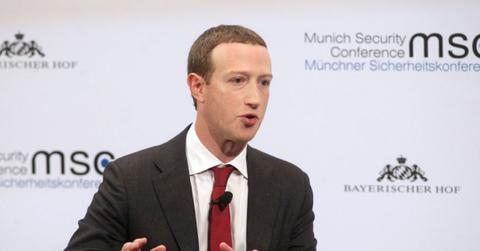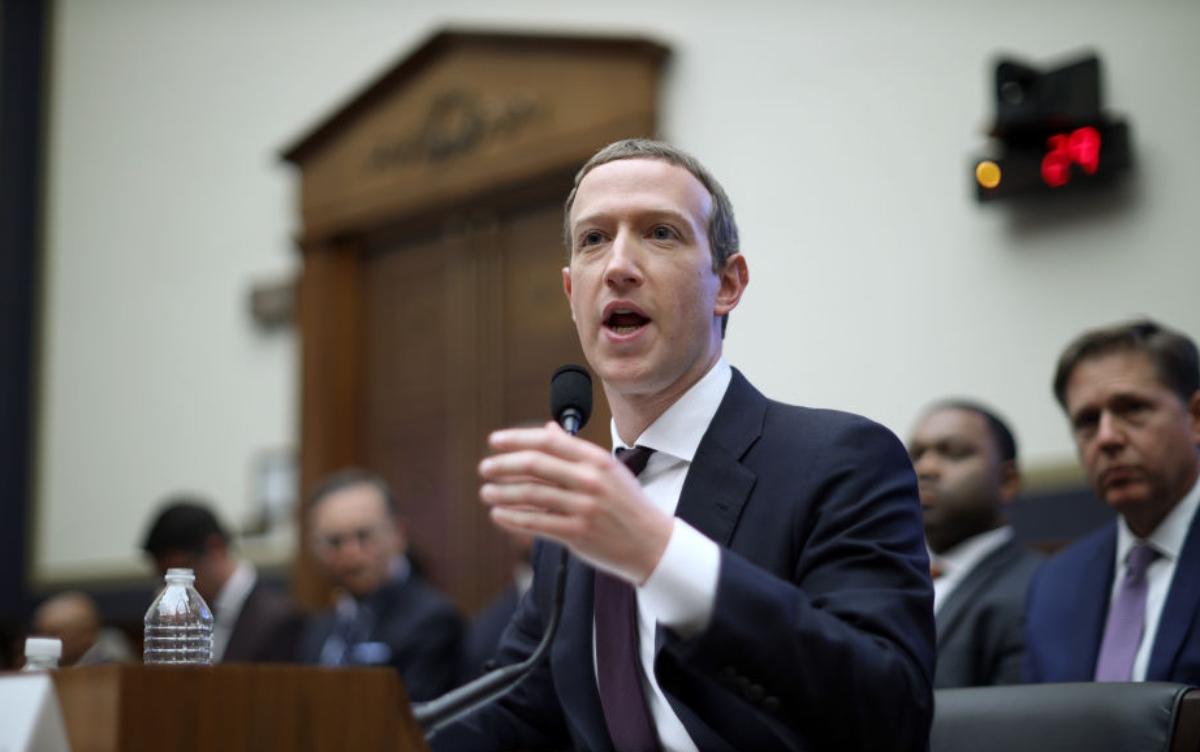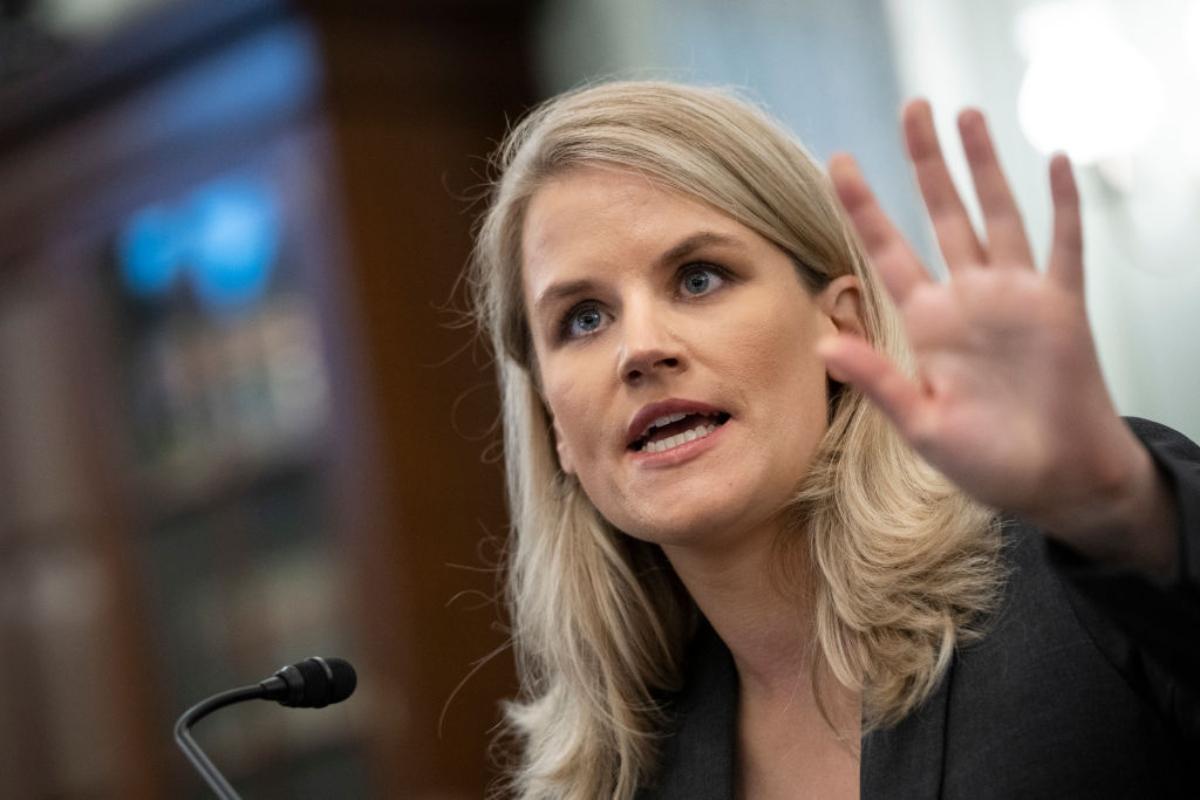Facebook’s Dual Class Stock Shares Mean Mark Zuckerberg Controls the Company
Can shareholders vote out Mark Zuckerberg at Facebook? He owns nearly 60 percent of the company thanks to his shares holding greater voting power.
Oct. 28 2021, Published 9:57 a.m. ET

Facebook has crept its way into the fabric of society, with over 2.85 billion monthly active users worldwide. The social media giant that Mark Zuckerberg co-founded in 2004 with Harvard classmates is worth a staggering amount of money and faces mountains of legal troubles. CEO Zuckerberg holding too much power at the company has long been a concern with Facebook.
It’s a question that has come up many times over the years: Can shareholders vote out Mark Zuckerberg? Clearly, it’s something that many support, but due to the dual-class structure of company shares, Zuckerberg maintains a controlling stake in Facebook.
How much of Facebook does Zuckerberg own?
The way Facebook structured its company shares is the reason Zuckerberg holds so much power over it. The company’s Class B shares are weighted higher than its Class A shares, and Zuckerberg owns the majority of the Class B shares.
At Facebook, as at many other major corporations, certain shares deliver greater voting power than others. Class A shares are only worth 1 shareholder vote, while Class B shares are worth 10 shareholder votes.

Zuckerberg testifying before Congress in 2019 about its proposed cryptocurrency.
Bloomberg reported in May 2021 that Zuckerberg controls 58 percent of Facebook’s voting shares, thanks to the extra weight given to Class B shares. At the company’s annual meeting, the board voted against two proposals that would have limited Zuckerberg’s sway over the running of Facebook.
At the meeting, Facebook’s board voted against a proposal to replace Zuckerberg as executive chairman with an independent representative. It also voted down the proposal to eliminate the shares with higher voting power, which would have taken Zuckerberg out of control of the company.
Why people want Zuckerberg out
The call to replace Zuckerberg as the head of Facebook is not a new one. For example, in 2019 as in 2021, Zuckerberg voted down multiple shareholder proposals that would have limited his power by removing him as chair and eliminating the super-voting power of his Class B shares. One of those proposals claimed that “Facebook operates essentially as a dictatorship.”

Facebook whistleblower Frances Haugen at her recent Congressional testimony.
Facebook whistleblower Frances Haugen recently leaked thousands of pages of documents demonstrating Facebook’s lack of oversight and policy of putting profit before public safety. Her testimony before Congress claimed Facebook has fanned the flames of violence around the world and caused harm to children. Sophie Zhang is another former Facebook employee who has spoken out against the company, claiming it promoted fake engagement and political manipulation.
Given Facebook’s massive global reach, it often faces regulatory threats, privacy scandals, and various controversies that may require more independent oversight than Zuckerberg and his top executives can provide.
On Oct. 17, 2021, protestors from two San Francisco nonprofits, Global Exchange and Media Alliance, gathered outside Zuckerberg’s home to push for him to leave Facebook. Tracy Rosenberg, executive director of Media Alliance, understands the board’s voting share arrangement means the board cannot fire Zuckerberg as CEO or chairman. “However, that doesn’t mean that he can't be pressured or forced to step down.”
